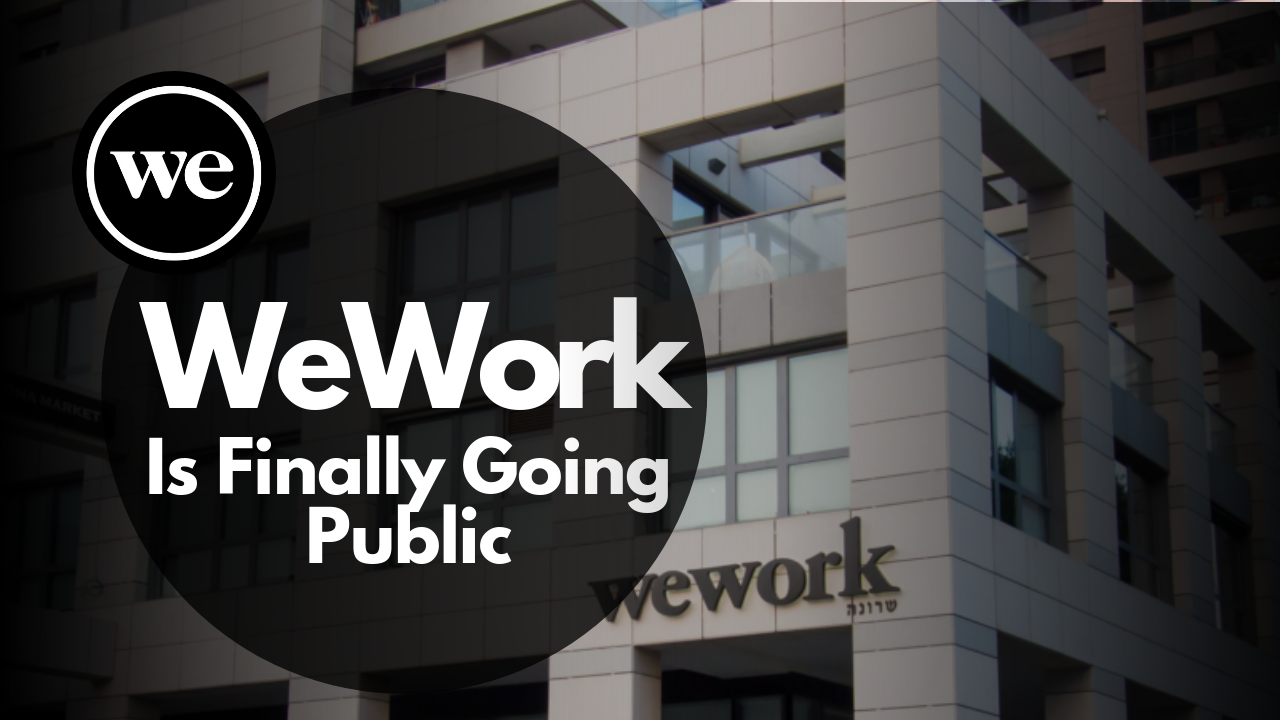- WeWork has submitted confidential documents to the U.S. SEC for an initial public offering.
- Having filed for an IPO, the company will now have to justify its $47 billion valuation.
- International Workplace Group, WeWork’s biggest competitor is publicly traded and profitable, yet valued at only $2.6 billion.
TechCrunch reported today that “WeWork, the coworking giant now known as The We Company, has submitted confidential documents to the U.S. Securities and Exchange Commission for an initial public offering.”
Valued at $47 billion, the company has raised a total of $8.4 billion in debt and equity funding since it was founded in 2010. According to the New York Times “the company initially filed paperwork to go public with regulators in December.”
Rumors of WeWork looking at an IPO have been around since January of this year after SoftBank Group slashed its investment in the coworking giant from $16 billion to $2 billion. The move came after key SoftBank investors expressed concern over WeWork’s free flow of capital.
Having filed the paperwork for an IPO, WeWork now has to justify its lofty valuation. Although the company’s revenue doubled in 2018, totaling $1.8 billion, its losses also doubled, totaling $1.9 billion. “These aren’t attractive metrics for a pre-IPO business,” TechCrunch reported.
Comparatively, WeWork’s biggest competitor, International Workplace Group (IWG), which operates almost five times the number of WeWork locations, is a publicly traded company with a proven track record of profitability and a positive balance sheet; however its valuation sits around the $2.6 billion figure.
This begs the question, is IWG significantly undervalued or have some experts been right in arguing that The We Company is grossly overvalued?
Should WeWork finalize its IPO, it could potentially drive IWG’s stock value into a much higher position.
WeWork’s business model has relied heavily on outside funding and investment in order to power its aggressive growth plans. As to why the company decided to file for an IPO now is yet to be known. However, the company might need additional capital to cover its operating losses after SoftBank Group slashed its investment by $14 billion.
Furthermore, The We Company recently lost trust from some of its key investors, which could make it harder for the company to raise private funds and it could explain why the company is looking to go public.
















